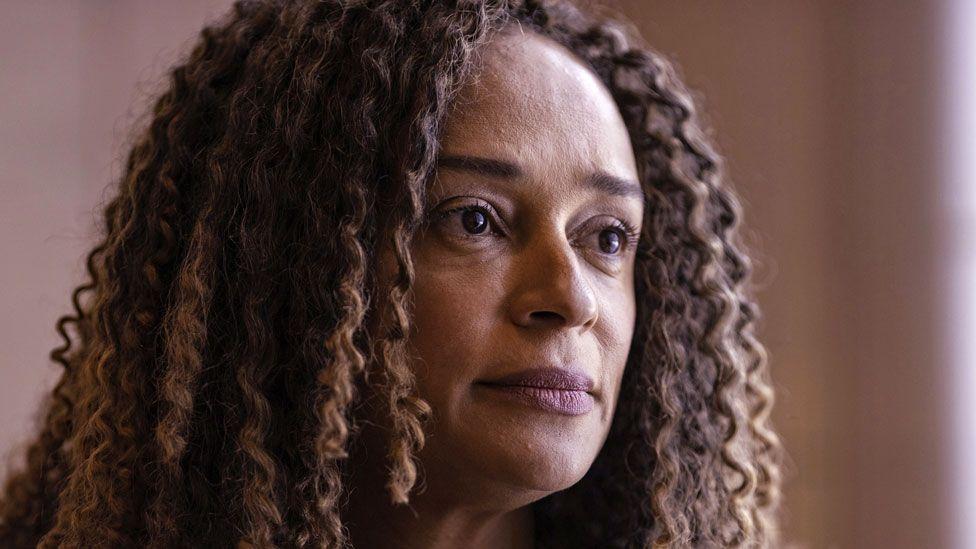Isabel dos Santos, once hailed as “Africa’s richest woman,” has fiercely criticized the UK government for imposing sanctions on her, claiming it was unexpected and unjustified. In a recent interview with BBC Africa Daily, dos Santos highlighted her belief that she has never been convicted of corruption in any jurisdiction, describing the sanctions as part of a politically motivated smear campaign orchestrated by the Angolan government. The UK government labeled her a “notorious kleptocrat,” freezing her assets and imposing a travel ban due to allegations that she had embezzled vast sums of money from Angola, estimated at £350 million (about $442 million). Dos Santos contended that there was no inquiry or due process regarding the allegations, asserting that the UK Foreign Secretary David Lammy’s sanctions were made without a thorough investigation.
The allegations against dos Santos date back to 2020 when a BBC Panorama investigation uncovered leaked documents revealing potential corruption linked to her dealings with state-run companies in Angola. The UK government’s sanctions were designed to combat “dirty money,” but dos Santos maintains that she has always conducted her business ethically. Angola’s attorney-general has stated that dos Santos faces several charges and must defend herself, while the British foreign office affirmed that the UK could impose sanctions under Global Anti-Corruption regulations based on reasonable suspicion. Dos Santos has denied all allegations against her, insisting they stem from personal political attacks rather than substantiated claims of wrongdoing.
Born to Angola’s former president, José Eduardo dos Santos, Isabel was educated in the UK and began her career in Europe before returning to Angola to establish a sizeable business conglomerate. She built a diverse empire that included investments in telecommunications, banking, and manufacturing, becoming one of Africa’s youngest billionaires by the time she turned 40. Dos Santos expressed pride in her accomplishments, emphasizing her status as a pioneer and a significant contributor to Angola’s economy, having created over 200,000 jobs and being a leading taxpayer in the country. Her tenure as head of the state-owned oil company Sonangol was scrutinized amidst the allegations of corruption post her father’s presidency, leading to her eventual dismissal and asset freezes in 2018.
The sudden nature of the sanctions against dos Santos raised questions about their legitimacy, particularly as her assets have been frozen for five years without a court hearing. She criticized the prolonged legal uncertainty, which she argues is atypical for civil cases that typically involve unpaid debts. Additionally, she challenged the authenticity of the initial freezing orders, alleging they were based on falsified documents and asserting the lack of criminal charges against her. The Angolan attorney-general’s office declined to discuss ongoing legal matters in public but urged that any evidence of document falsification should be presented in court.
Financially, dos Santos has faced significant setbacks, illustrated by her removal from Forbes’ billionaire list by 2021, a status she attributes to the asset freezes. The situation has been compounded by personal tragedies; she lost her husband in a diving accident and was unable to attend her father’s funeral in 2022. This juxtaposition of personal loss against the backdrop of public and legal scrutiny has undoubtedly added to her challenges in navigating both the business and political landscapes in Angola.
Despite the turmoil she faces, dos Santos remains resolute, expressing a desire to clarify her side of the narrative surrounding the allegations against her. When inquired about a potential political future, she indicated that standing for the presidency was conceivable, reiterating her commitment to serve Angola in various capacities, whether in politics, business, or philanthropy. As she continues to maintain her innocence amidst ongoing legal and public scrutiny, dos Santos’s narrative reflects the complexities of navigating allegations of corruption, the fight for political legitimacy, and the challenges imposed by international sanctions on her personal and professional life.

